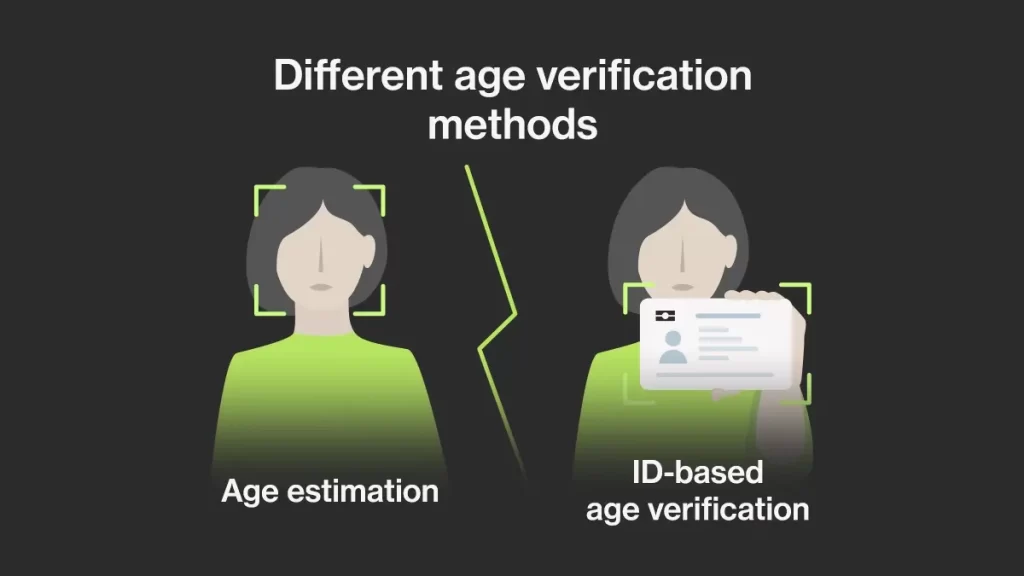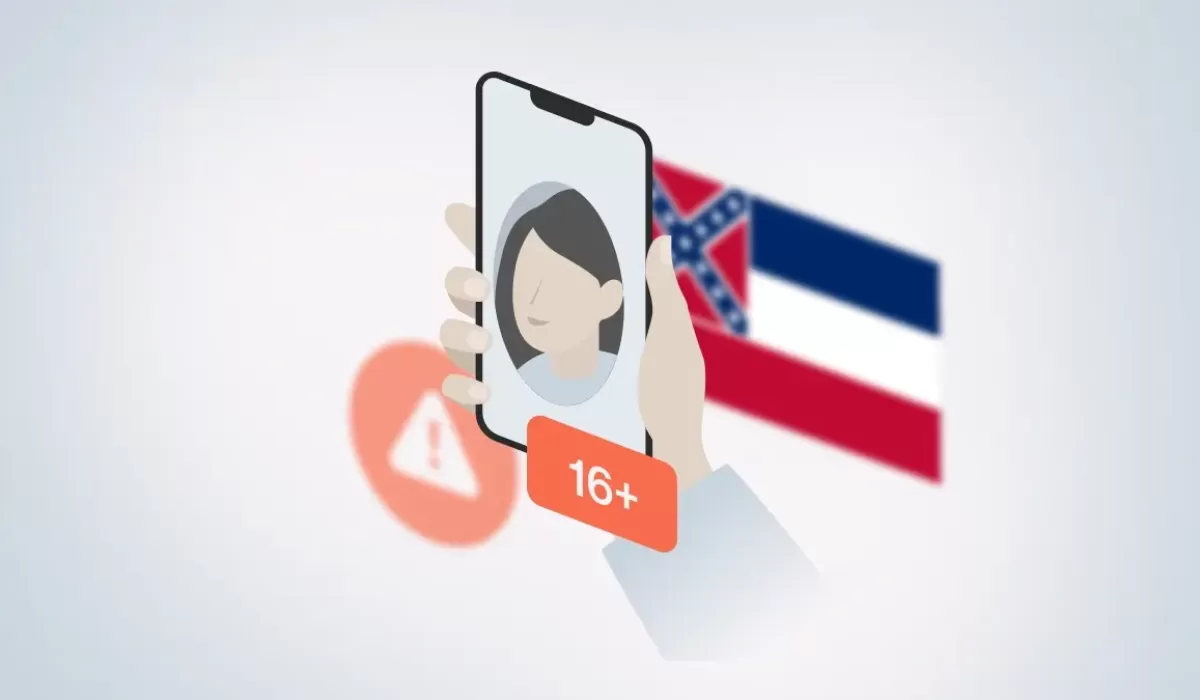In an effort to safeguard minors from exposure to pornographic content online, Mississippi has introduced Senate Bill 2346 (SB 2346), also known as „An Act to Regulate Pornographic Media Exposure to Children.” Signed into law by Governor Tate Reeves on April 18, 2023, it mandates that websites containing a substantial portion of pornographic content must implement reasonable age verification methods to confirm the age of individuals attempting to access such material.
What Does Mississippi SB 2346 Entail?
Purpose and Requirements
This Mississippi law requires commercial entities that knowingly publish or distribute material harmful to minors to verify the age of users attempting to access such content. Specifically, it targets websites where a significant portion of the material is pornographic. The act stipulates that any entity that performs the required age verification must not retain any identifying information of the individual after access has been granted.
In this case, the law defines harmful material as content that, based on contemporary community standards, appeals to the prurient interest of minors and is patently offensive. It also specifies that such material must lack serious literary, artistic, political, or scientific value for minors.
Scope and Coverage
The law applies to various business structures, including corporations, LLCs, partnerships, and sole proprietorships that operate websites featuring at least one-third of material deemed harmful to minors. This includes all content served to users within Mississippi.
Senate Bill 2346 Requirements
Required Verification
Under SB 2346, users must verify they are at least 18 years old by providing a digitized identification card or using a commercial age verification system. The system must verify a government-issued ID or utilize any commercially reasonable method relying on public or private transactional data to confirm the user’s age.
The Mississippi law exempts news or public interest broadcasts, reports, and events, as well as online outlets with less than one-third of material harmful to minors. Internet service providers, search engines, and cloud service providers are also exempt from liability for providing access to content not under their control.

Penalties for Non-Compliance
Entities that fail to perform reasonable age verification are liable for damages resulting from minors accessing the material. This includes court costs and reasonable attorney fees. Additionally, penalties apply for retaining identifying information, whether by the commercial entity itself or a third-party age verification vendor.
Privacy Concerns about the Mississippi Law
Senate Bill 2346 was blocked by a federal judge on July 1st, 2024 as concerns have been raised about potential overreach and government censorship.
Mississippi First, a public policy advocacy organization, highlighted that even with the government’s benign motive, the law might impact a wide range of content, including classic literature and LGBTQ-related materials. In response to these concerns, the Mississippi Library Association worked with legislators to narrow the bill’s focus, ensuring it targets only the most harmful materials. The bill was revised to protect libraries and digital content providers while still aiming to shield children from inappropriate content.
Additionally, the NetChoice Litigation Center, said in a statement that the Mississippi law should be struck down permanently as „mandating age and identity verification for digital services will undermine privacy and stifle the free exchange of ideas.” Several other states that imposed strict limits on children seeking access to social media are being sued by NetChoice.
As the lawmakers try to address these concerns, it’s important to remember that similar laws have already passed in other states and mandatory age verification may become an inevitability. With that mind, let’s take a look at age verification methods that can be successfully implemented without sacrificing user privacy.
Verification Methods

ID-based Age Verification
ID-based age verification is similar to identity verification. Users provide an identity document and a selfie, which are compared biometrically for secure verification. Ondato’s age verification system makes this process quick and easy, completing it in under 60 seconds with a zero-tolerance policy for fraud.
Age Estimation
Age estimation tools reduce the need for identity documents by using biometric data to categorize users by age. Ondato’s system can onboard most users without requiring additional documents, only requesting IDs if there are uncertainties. This approach effectively protects children online and addresses privacy concerns raised by critics.

Last Thoughts
Mississippi’s SB 2346 is part of a broader trend of similar laws created to protect children in other states. Louisiana’s SB 162, Utah’s SB 287, and Arkansas’ SB 689 all require age verification for adult websites. These laws have sparked significant attention, and digital services that are required to comply should start implementing comprehensible age verification solutions to avoid penalties.



